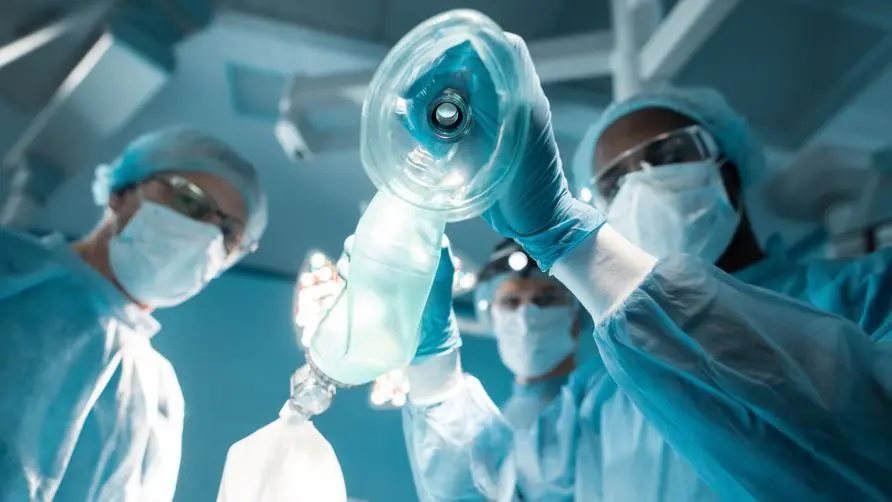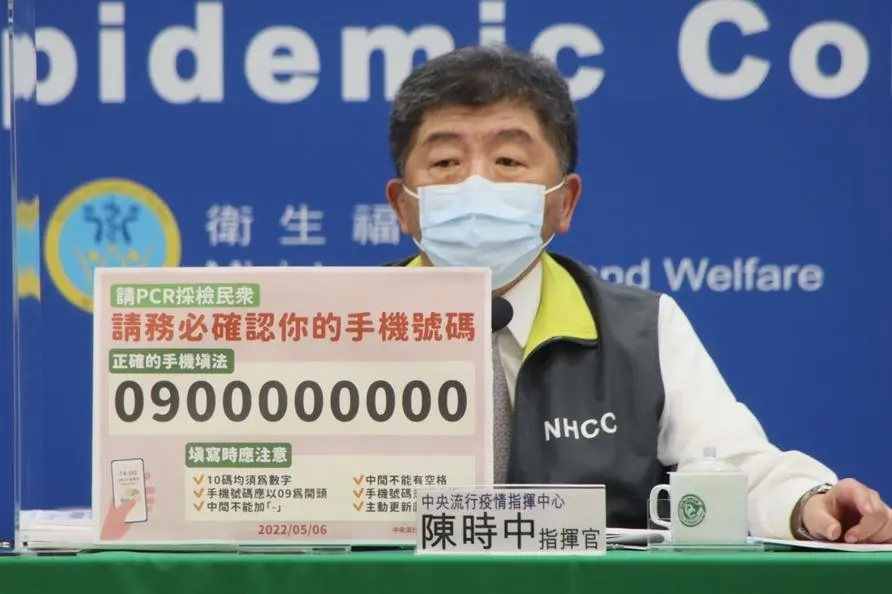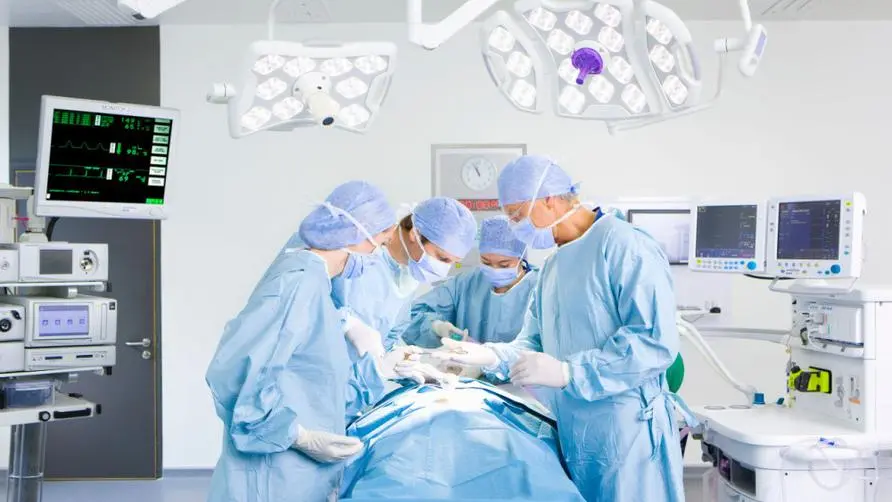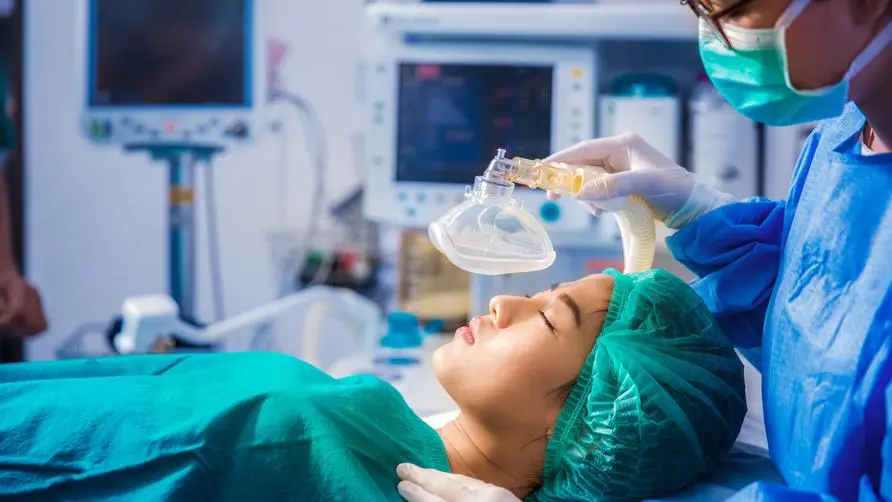Anesthesia accident caused by insufficient anesthesiologists? Doctor: Ask first who will give you anesthesia

One person is given general anesthesia every 17 seconds, be careful to prevent anesthesia safety loopholes
The number of “general anesthesia” applications in Taiwan exceeds 2.5 million every year, and on average, one person receives general anesthesia every 17 seconds. Dr. Zou Meiyong, honorary chairman of the Taiwan Society of Cardiothoracic and Vascular Anesthesia, pointed out that unlike Taiwanese people’s previous impression of “a shortage of anesthesiologists,” anesthesia specialists have grown by about 19% in recent years, ranking third among all specialists. Gaps in anesthesia safety are not a human problem.
“The number of anesthesiologists is no longer as serious as everyone imagined ten years ago. But when you receive anesthesia, who is helping you with anesthesia? Do you have an anesthesiologist license? Many rural clinics and medical aesthetic clinics Anesthesia accidents are not actually performed by anesthesiologists!”
Dr. Zou Meiyong pointed out that the number of anesthesia specialists in Taiwan has grown from more than 600 to more than 1,300. Anesthesia is a medical behavior and must be performed by anesthesiologists personally. The public should also improve their safety awareness about receiving anesthesia and confirm that it is provided by an anesthesia specialist before surgery. The doctor must perform the procedure to prevent himself from undergoing anesthesia surgery under illegal and unreasonable conditions.
“General anesthesia” is possible for all major and minor surgeries, and the mortality rate is reduced to 1 in 100,000
Dr. Zou Meiyong said that general anesthesia may be required for all major and minor surgeries such as appendicitis, cardiovascular surgery, organ transplantation and even cancer surgery. He reminded the public to choose carefully and consult an anesthesiologist clinic before surgery to understand their own anesthesia. Risks, and whether further anesthetic adjuncts are needed to reduce side effects and speed postoperative recovery.
“Many people worry that their poor health will prevent them from passing anesthesia. In fact, no patient is immune to anesthesia, but some patients cannot wake up, which shows that anesthesia safety is very important!”
Dr. Zou Meiyong pointed out that with the advancement of medical technology in general anesthesia, monitoring instruments, drugs, and optimal muscle tone surgical treatment (OMT) combined with specific muscle relaxation reversal agents have continuously reduced the risks of anesthesia. From a statistical point of view, the death rate from general anesthesia in the 1960s was about one in 10,000 people, while recent statistics show that it has improved to one in 100,000 people.
Optimum muscle tension helps restore breathing in 3 minutes. This must be done before anesthesia.
Dr. Zou Meiyong said that optimal muscle tone surgical treatment (OMT) can help reduce the side effects of anesthesia. In the past, nearly 20% of patients were still unable to escape from muscle weakness after 20 minutes using traditional reversal agents. However, when optimal muscle tone surgical auxiliary treatment (OMT) is given postoperatively and new reversal agents are used, the patient can recover within 3 minutes on average. Completely restores muscle strength and effectively reduces side effects such as nausea, vomiting, and postoperative respiratory-related complications.
In addition, optimal muscle tone surgical auxiliary treatment can also be used in general anesthesia surgeries for children and adolescents over two years old. Dr. Zou Meiyong emphasized that the risk and mortality of children undergoing general anesthesia are higher than those of adults. Anesthesiologists must ensure the safety of “takeoff” and “landing” during the entire anesthesia process. Assisted treatment with optimal muscle tone surgery can reduce the risk of the process. The risk of fluctuating physical conditions allows children’s anesthesia safety to be better protected.
Honorary Chairman Zou Meiyong reminded patients and their families that the risks hidden in any operation requiring general anesthesia should not be ignored. You should choose an anesthesia specialist carefully, and it is strongly recommended to conduct an anesthesia assessment clinic before surgery, seek professional assistance from doctors and nurses, and understand your own anesthesia risks and whether you are suitable for anesthesia surgery-related auxiliary measures. Only in this way can you reduce side effects and discomfort, and ensure Self-anesthesia is safe.
Further reading:





